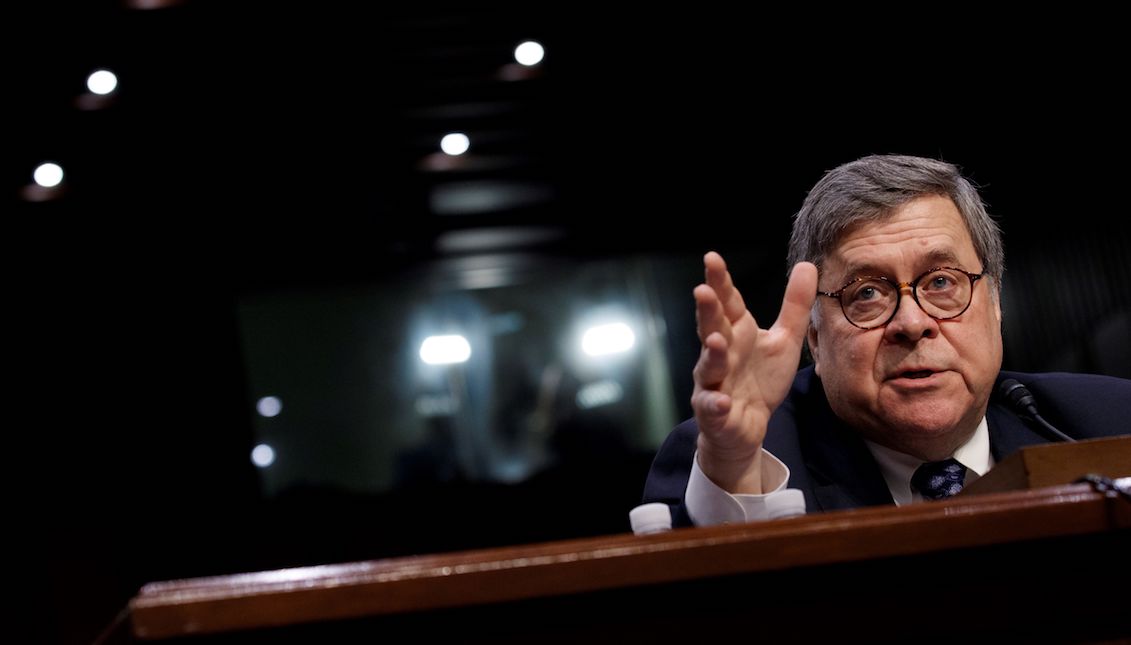
3 things you should know about William Barr's hearing
President Trump’s nominee for Attorney General testified before the Senate for his confirmation on Tuesday. His positions with respect to the Mueller…
Assuming control of the disaster left behind by Jeff Sessions will not be an easy task.
A government shutdown brought on by an impulsive president, who holds little knowledge of the law, is akin to juggling with fire, even for the most expert lawyers.
This is why the testimony given by the president's nominee to succeed Sessions, William Barr, was the focus of the country's interest on Tuesday when he testified before the Senate Judiciary Committee about his qualifications, the his approach to the law.
This is a key moment for the Trump administration, which awaits the final conclusions reached by Robert Mueller's special investigation into the links between his 2016 presidential campaign and Moscow.
Given the president's attempts to obstruct the process, virtually the only protection the investigation has is Deputy Attorney General Rod Rosenstein (who has overseen the Special Counsel investigation since Sessions recused himself from all things Russia in early 2017), and whoever becomes the new Attorney General.
As expected, the president's nominee to be his new Attorney General is presumed to be an ally to his administration and, following the tone that Trump has set from the beginning, will share its "principles" and political positions.
Thus, the hearing of attorney William P. Barr (former Attorney General during the first Bush administration) was key to determining to what extent we can count on the Mueller investigation when judging the president and his henchmen.
These were the key points of his testimony:
One of the first concerns verbalized by the Democrats in the Committee was the nominee's willingness to suspend the investigation into the Trump campaign. When asked, Barr replied that, if the president demanded to suspend the investigation for personal reasons, it would be considered "an abuse of power."
RELATED CONTENT
Barr added that the only reason why the investigation could be suspended would be if specific reasons were given "under the regulations" that forced him to dismiss his findings.
"In theory, if something happened that was a good cause, for me it would actually take more than that," he argued. "It would have to be pretty grave and the public interest would essentially have to compel it because I believe right now the overarching public interest is to allow him to finish."
Unlike his predecessor, Barr denied that his participation in the investigation could be impeded by recommendations of the Department of Justice ethics staff.
"I will seek the advice of the career ethics personnel, but under the regulations, I make the decision as the head of the agency as to my own recusal," he said.
However, the lawyer agreed that, in Sessions’ case, the decision to withdraw from the investigation had been correct.
"I’m not sure of all the facts but I believe he did the right thing," he added.
Responding to Sen. Dianne Feinstein's (D-Calif.) question about whether he committed to providing Mueller's report to Congress, "not your rewrite or summary," Barr said the goal would be to reveal "everything he could."
"I have no clue as to what’s being is planned, but I am going to try to get the information out there consistent with the regulations."










LEAVE A COMMENT: